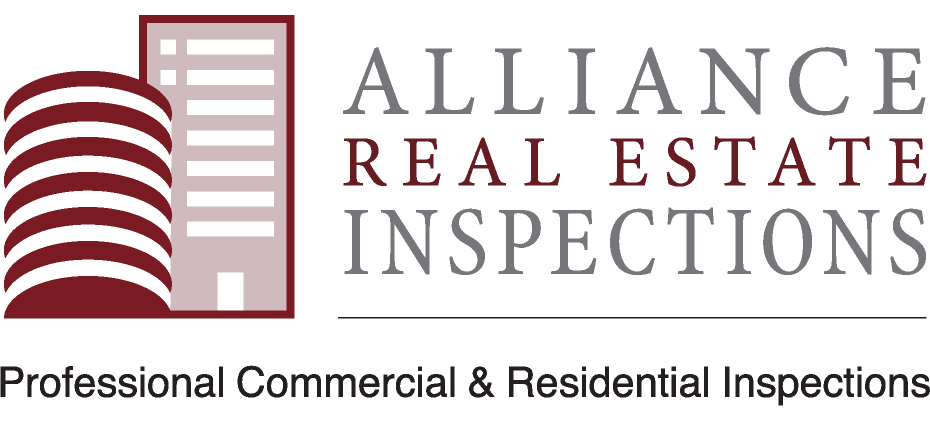Fires from clothes dryer vents and washing machines may not seem important since they are only a small percentage of total fires, but we can all agree that even one home destroyed or one life lost is too much.
Here is an excerpt from the National Fire Protection Association:
Dryers and washing machine fires
Between 2010-2014, U.S. fire departments responded to an estimated 15,970 home fires involving clothes dryers or washing machines each year. These fires resulted in annual losses estimated at 13 deaths, 440 injuries, and $238 million in property damage.
Facts and figures
- Clothes dryers accounted for 92% of the fires; washing machines 4%, and washer and dryer combinations accounted for 5%.
- The leading factor contributing to the ignition of home fires involving clothes dryers was a failure to clean, accounting for one-third (33%) of dryer fires.
- A mechanical or electrical failure or malfunction was involved in the vast majority of home fires involving washing machines.
- Fires involving clothes dryers usually started with the ignition of something that was being dried or was a byproduct (such as lint) of drying, while washing machine fires usually involved the ignition of some part of the appliance.
That’s an awful lot of damage and deaths, and a good reason not to
underplay the importance of having the appliances maintained, and to not
neglect the evaluation of the clothes dryer exhaust installation. When
visible, the home inspector should definitely examine it and call out
any existing deficiencies.

Lint covered screen recently removed from a vent.
Some simple rules:
Never use plastic material for dryer exhaust ducts. I believe hardware
stores sell this product in the dryer duct aisle. However, if you read
the data on the product, it actually states not to use for clothes
dryers.
The vent termination should never be screened, and corrugated duct should not be used in concealed areas and crawl spaces.

We see too many improperly installed clothes dryer ducts. I would guess
roughly 60% of them are installed incorrectly and that is probably being
generous. Yet another reason to have all properties inspected before
purchase.
Robert Gaudreault
We offer:
• General physical inspection of houses, townhomes /condos.
• General physical inspection of all types of commercial properties.
• Limited Building Inspection of systems only (reduced fee).*
• Sewer line inspection for residential & commercial (with video).
• Specialized inspections utilizing Infrared Technology.
• Mold & Moisture inspections.
* The Limited Building
Inspection does not follow ASHI or CREIA Standards. This reduced-cost
inspection is performed per the Standards of Practice of the Limited
Building Inspection.
